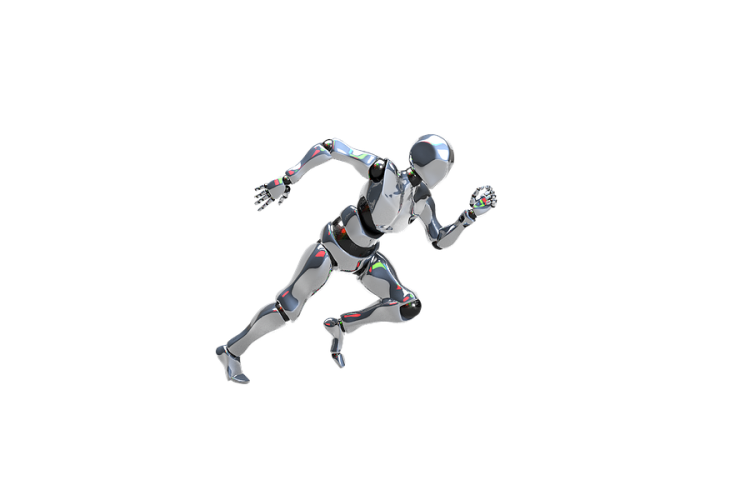
Title: The Ethical Dilemmas of Artificial Intelligence: Navigating the Complexities of a Human-Like Technology
Introduction:
Artificial Intelligence (AI) has made remarkable strides in recent years, revolutionizing various industries and transforming the way we live and work. As AI becomes more sophisticated, it raises a myriad of ethical dilemmas that demand our attention. The line between AI and human intelligence is blurring, forcing us to confront complex questions about its impact on our society, privacy, and moral values. In this article, we delve into the ethical dilemmas posed by AI, highlighting the need for responsible development and usage of this powerful technology.
1. Privacy Concerns:
As AI systems gather vast amounts of data about individuals, privacy concerns come to the forefront. The ability of AI to analyze personal information, including browsing history, social media activity, and personal preferences, raises questions about data protection and the potential for misuse. The ethical dilemma lies in balancing the benefits of personalized services and convenience against safeguarding individual privacy.
2. Bias and Discrimination:
AI algorithms are trained on data collected from the real world, which can inadvertently perpetuate biases and discrimination. If these biases go unchecked, AI systems can reinforce societal prejudices, leading to unfair decisions in areas such as hiring, lending, and criminal justice. Ensuring fairness and transparency in AI algorithms is essential to prevent discrimination and promote equal opportunities.
3. Job Displacement:
The rise of AI and automation has led to concerns about job displacement and unemployment. While AI can enhance productivity and efficiency, it also poses a threat to certain job sectors. This ethical dilemma requires proactive measures to mitigate the impact on the workforce, such as retraining programs and creating new employment opportunities that align with the changing nature of work.
4. Accountability and Liability:
As AI systems become more autonomous, determining accountability and liability for their actions becomes increasingly complex. When AI makes decisions with significant consequences, such as in autonomous vehicles or medical diagnosis, who should be held responsible in the event of errors or accidents? Establishing clear legal frameworks and ethical guidelines is crucial to ensure accountability and protect against potential harm.
5. Weaponization and Autonomous Warfare:
The development of AI-powered weapons raises profound ethical concerns. Autonomous weapons systems have the potential to make decisions about life and death without human intervention, raising questions about the morality and legality of warfare. The ethical dilemma lies in striking a balance between leveraging AI for military purposes and maintaining human control over the decision to use lethal force.
Conclusion:
The ethical dilemmas surrounding artificial intelligence are complex and multifaceted. As AI continues to evolve, it is crucial for society to address these challenges head-on and establish ethical frameworks that guide the development and use of this powerful technology. Striking a balance between innovation and responsible AI deployment is key to ensuring that AI aligns with our moral values and benefits humanity as a whole. By actively engaging in discussions and implementing robust regulations, we can navigate these dilemmas and harness the potential of AI for a brighter future.
© Copyrights by Soulfulls. All Rights Reserved. Developed by Soulfulls